The Only Solution To Mental Illness?
I’m mentally ill, and I will not take my medication. I don’t want to, and I feel a wave of indifference pass over me when I see others who do. The reason for my change of heart is due to losing many years of my life in a drug haze. Decades passed me by, and yet, I cannot remember huge chunks of my early life. I’m mentally ill, and to be honest, I wish I could have been free in my madness. This is my reason and my argument.
Medication For The Sick And The Mad
So, it’s a consensus that something must be done to heal the sick. We don’t just sit around and watch cancer patients die, so why would we watch the mentally ill perish or live in chaos. We don’t do that, we medicate them. From radiation to pills, if we can’t cure it, we treat it. After all, no one wants to endure too much pain, right?
So, what’s the problem, you ask. There’s apparently a wide gap between my hatred for medication and the need for help. The thing is, or rather, the problem is, medication doesn’t have to be all bad. I mean, it does help relieve symptoms so that our day to day routine can continue undisturbed. It does help us sleep, help us eat, and even help us socialize in some cases. But what’s too much? How do we draw the line?
Over-Prescribing
As for mental illness, psychotherapy is the gauge in which physicians determine the dosage and the need for prescription medication. Unfortunately, so many drugs are prescribed with no psychotherapy at all! Around 50% of patients receiving anti-depressants and psychotic drugs receive no other form of treatment. It’s check-in, get medicated and check out. It’s like fast food therapy for the mad!
Most of these drugs are used to treat depression or anxiety, and per witnesses, some of these drugs actually cause worse bouts of depression when discontinued for a short time. Also, if depression is treated for a long period with prescription drugs, it becomes labeled a disease rather than a temporary issue. Even though depression can be an alive long issue, there are those few who only experience temporary depression and need a whole other approach to the issue.
Unfortunately, the pharmaceutical industry thrives off sales, and any decline in those sales causes the industry to push for more clearly defined mental illness disease labels. What this means is the more mental illnesses are diagnosed, the more drugs that will enter the market and make money for the producer. This is another clear reason why over-prescribing is such a problem today.
Read What It Means To Have Treatment Resistant Depression?
When Medication Is Needed
Okay, so I pulled from my opinion about medication, now I want to talk about why some drugs are necessary. Yes, I guess I sound contradictory, but I want to be fair. Although I don’t care for medication, in some instances it works and can save lives.
Just like medicating pain from cancer treatments, medications for depression and other mental disorders is sometimes needed. In some instances, mental illness stems from “bad wiring” in the brain. Chemical levels can be off and message centers of the brain just don’t function in the way they should. In this case, there are certain medications that help bridge the gaps and temporarily rewire the broken regions of the mind.
Or, at least, that’s what they tell us.
When this is the issue, there’s nothing wrong with the right dosage of physician-prescribed medication. Sometimes, the only way to focus on the job, keep from having panic attacks, or simply get out of bed can depend upon one pill in the morning and once at night. Seriously, this is an exception.
I’m mentally ill, and I will not take my medication. But in my case, I simply prefer holistic methods and the like. Had ya fooled, didn’t I.
Before you go all radical like me, do your research. It’s okay to forego your traditional medication if you are familiar with many other ways to treat your disorder. Mental illness is no joke, but never forget, there are many ways to treat your problem besides prescription drugs.
Curious? Go get educated! Let me know what you find.
Read 9 Vital Steps To Protect Your Mental Health (backed by science)
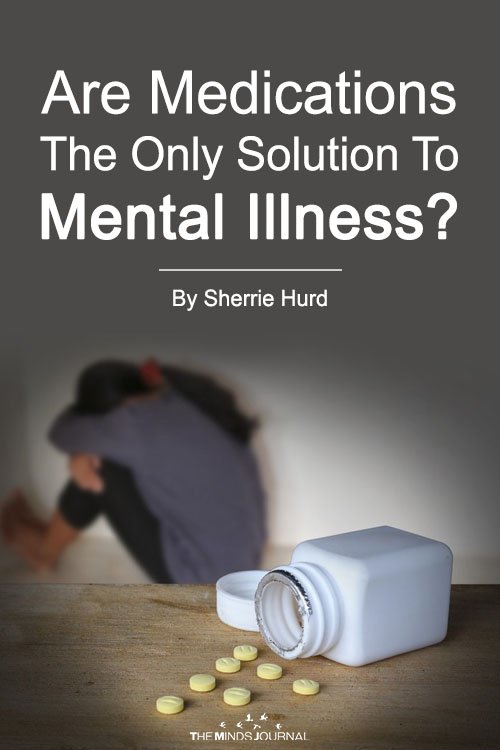
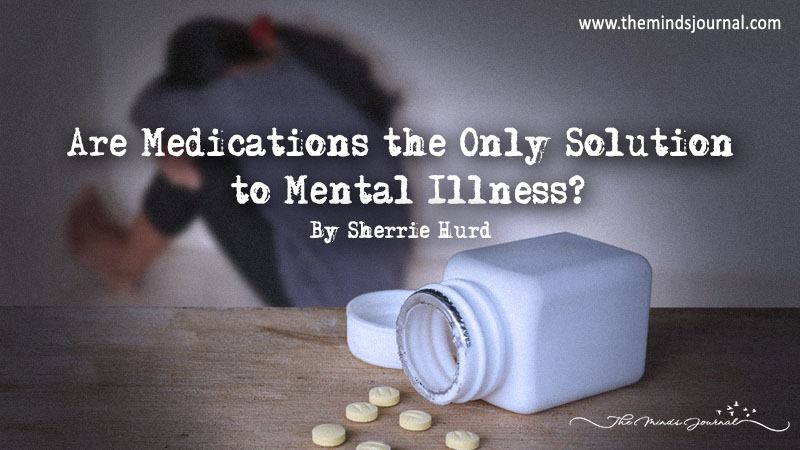


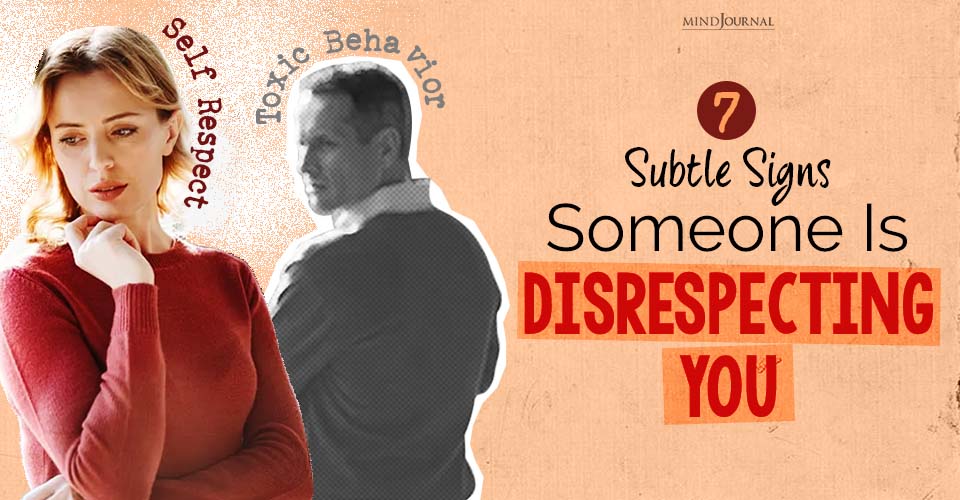


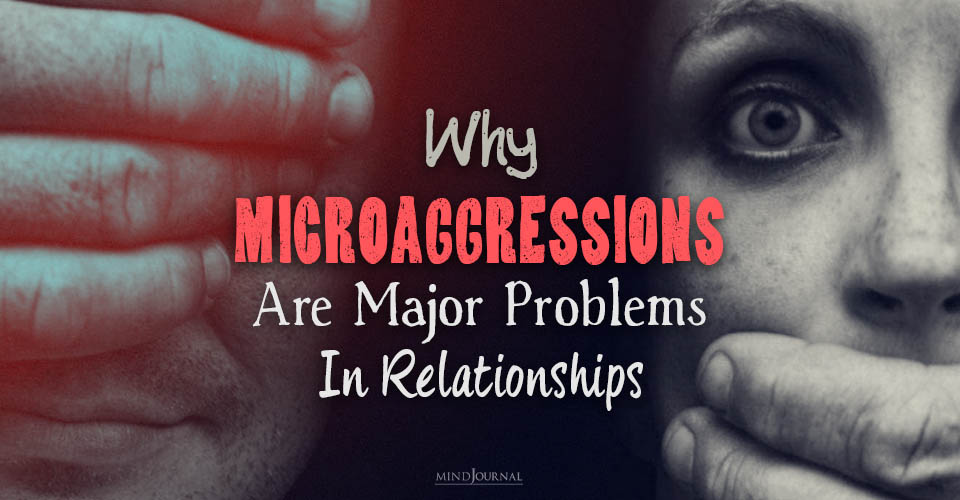

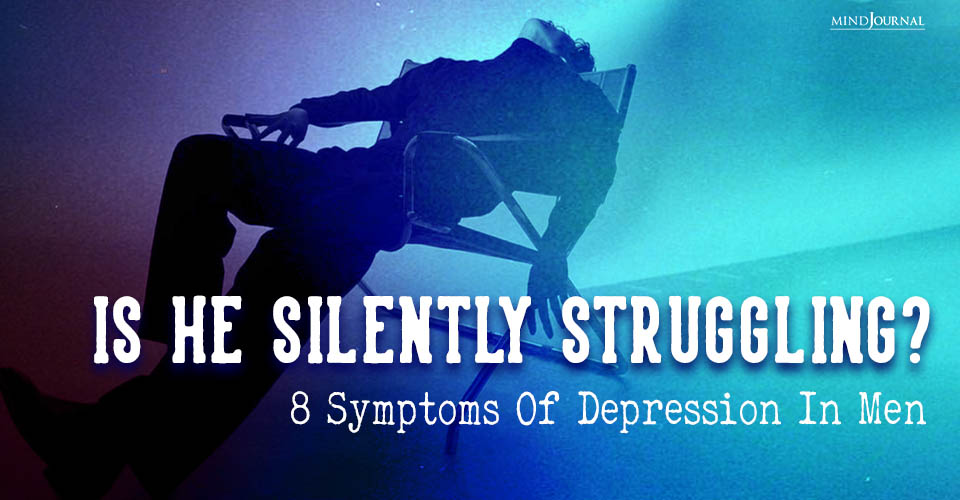




Leave a Reply
You must be logged in to post a comment.